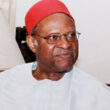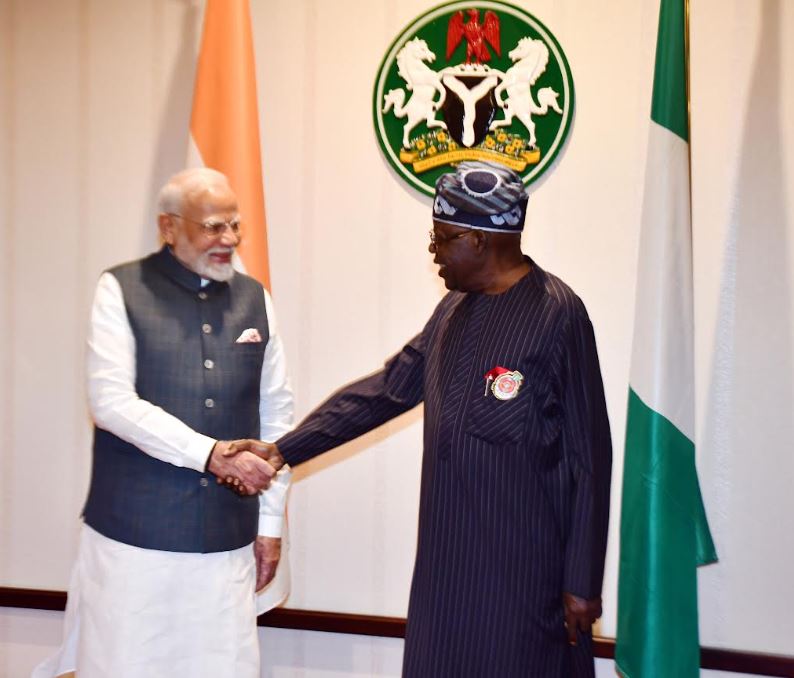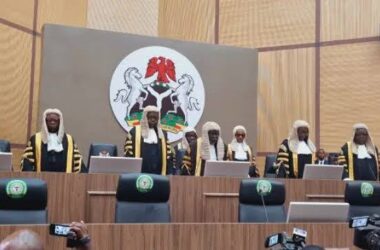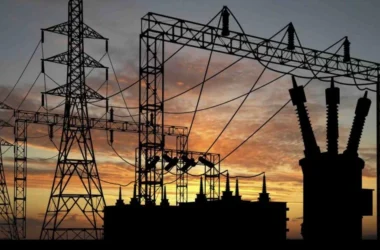In a significant move to bolster bilateral relations, Nigeria and India signed several agreements on Sunday, focusing on defence, economic development, healthcare, energy, and food security. The agreements were finalized during Indian Prime Minister Narendra Modi’s state visit to Nigeria, at the invitation of President Bola Tinubu.
The visit included a formal welcome ceremony at the Presidential Villa in Abuja and high-level talks between the two leaders. Both nations outlined a roadmap for enhanced cooperation, with an emphasis on addressing shared challenges and maximizing economic opportunities.
Special Adviser to the President on Information and Strategy, Mr. Bayo Onanuga, described the agreements as steps to “reinforce strategic partnership” in areas such as counterterrorism, maritime security, and intelligence sharing. The leaders pledged joint action to safeguard critical maritime trade routes and continue regular naval exercises in the Gulf of Guinea.
“The leaders reiterated their unequivocal condemnation of terrorism in all its forms and manifestations, including the cross-border movement of terrorists and terror financing networks and safe havens.
“They called for zero tolerance to terrorism and expeditious finalisation and adoption of the Comprehensive Convention on International terrorism in the UN Framework as well as implementation of the UNGA and the UNSC resolutions on countering terrorism and violent extremism.
“It was agreed to enhance cooperation in the area of counter terrorism,” the joint statement said
Prime Minister Modi reiterated India’s commitment to supporting Nigeria’s defence modernization, citing India’s expertise as a trusted defence manufacturer.
On economic relations, India was acknowledged as Nigeria’s largest trading partner. Nigerian officials praised over 200 Indian companies operating in the country, which have created jobs and investments. Both sides agreed to finalize key trade agreements, such as the Double Taxation Avoidance Agreement, to promote bilateral trade.
Energy cooperation featured prominently, with discussions on long-term crude oil and LNG supply deals. India also pledged support for Nigeria’s infrastructure development through concessional lines of credit and technical expertise.
The leaders discussed food security, particularly Nigeria’s reliance on Indian rice supplies, and emphasized the importance of agricultural collaboration. Both nations also agreed to advance partnerships in healthcare by focusing on building hospitals and introducing innovative health systems.










